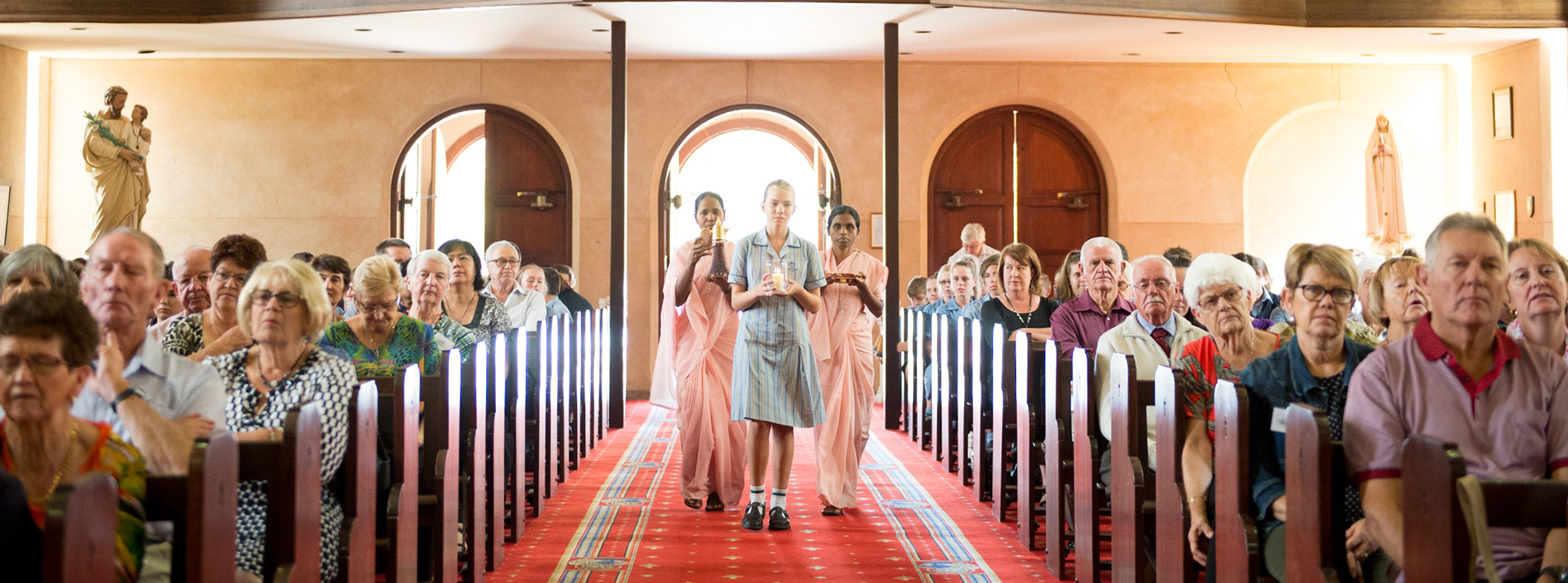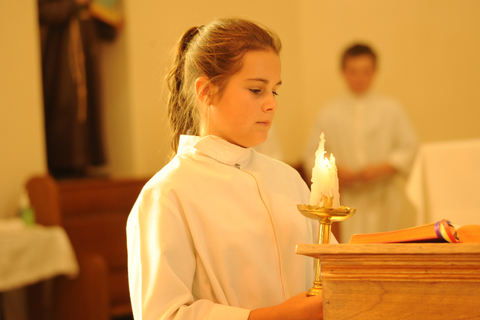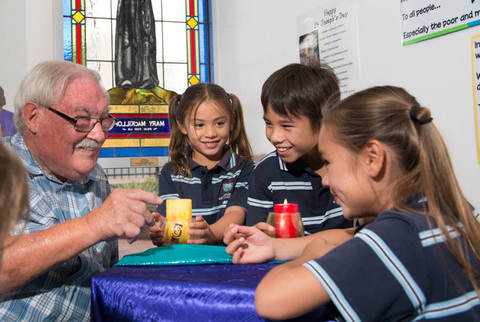

All schools in the Diocese of Port Pirie are diverse in their size and location, however they hold much in common in terms of structures, curriculum, nature and faith. Every one of our schools attempts to serve society in a meaningful way.
Today, we find ourselves in challenging times due to enormous social, cultural and economic changes. In an age dominated by media and information technology, significant new pressures are brought to bear on children and young adolescents, on family structures, on religious practice, on employment mobility and on behaviour in our school classrooms and learning environments.
In this changing cultural paradigm, our Catholic schools seek to redefine their identity so that they are not just reacting to the latest trend or fashion but that they can truly articulate and ‘recontextualise’ their self understanding.

Education involves the whole person and so it must deal with the intellectual, moral, religious and physical development of each student in addition to the wellbeing of all. Parents are the primary educators of their children and this responsibility should never be delegated to any other agency. We believe that religious education is not a ‘sectarian enterprise’ but is a core part of a rounded education.
Our Catholic schools are an important part of the Church’s pastoral ministry. Catholic schools contribute to the life of the Port Pirie Diocese and to the parishes in which they are located. Our schools receive great support from the parishes and other agencies connected with the parish and wider community.
Our Catholic schools value teaching as one of the most important of all human activity, for our teachers ‘do not write on inanimate material, but on the very spirits of human beings.’ Our Catholic schools are involved in the dialogue between faith and culture through the various subjects and disciplines taught – our teachers not only present knowledge to be attained but also values to be acquired and truths to be discovered.
Our diocesan schools seek to serve those who are poor, either impoverished as a result of social background or impoverished due to a lack of values or any sense of the meaning of life. We welcome students from all faith traditions and those of no faith precisely because we are Catholic and thus open to dialogue with the other. We expect that all students, families, staff and the wider community respect the Catholic nature and identity of our schools and system.
Religious Educators, school chaplains, school leaders and members of Religious Orders are an important and valued expression of the ecclesial dimension of our schools. Our schools willingly contribute to and participate in the preparation of students for National testing (NAPLAN), for the South Australian Certificate of Education (SACE), a multitude of vocational pathways and in achieving the highest academic standards.
We are called to live in solidarity with other people in the search of the common good; primarily this is our reason for being. Whilst we have co-responsibility for the service of society, our goal is the formation of the whole person who is free, hope-filled, rational and mature in their relationships – relationships with the other and their relationship with God.